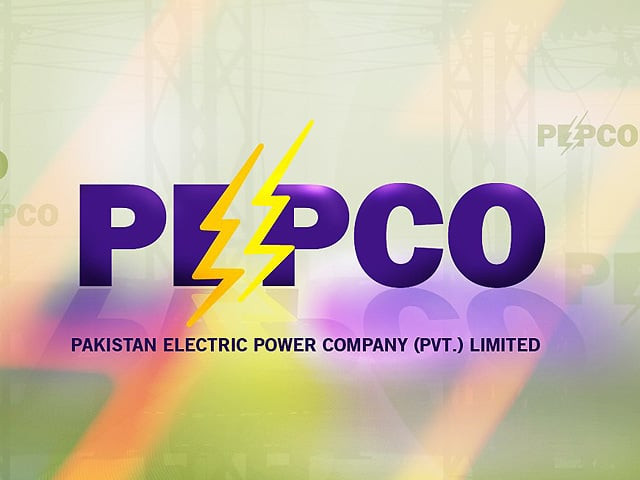Electricity bills: PEPCO, Punjab govt fight over outstanding dues
Province says power company running a smear campaign; PEPCO says it’s apolitical.

The Punjab government and Pakistan Electric Power Company (Pepco) have locked horns over the amount of outstanding dues and electricity duty, with both claiming figures not acceptable to each other.
Pepco claims the provincial government owes Rs13 billion in outstanding dues; Punjab, however, says the dues are merely Rs2.5 billion, and the company’s claims are a campaign launched to ‘disgrace’ the provincial administration.
Other provinces’ outstanding dues towards Pepco are a lot more – Rs41 billion from Sindh, Rs20 billion from Fata and Khyber-Pakhtunkhwa and Rs5.5 billion from Balochistan – but the company is tight-lipped regarding these dues, said a senior official of the Punjab government, requesting anonymity.
On the contrary, the official added, the company owes Rs1 billion in electricity duty to Punjab, the official said.
Outstanding dues for fiscal year 2009-10 were Rs8 billion, of which the Punjab government paid Rs5.5 billion on June 30, 2011; the balance was being paid in installments, the official said, adding that the Punjab government has filed a reply to Pepco’s claims for correction of outstanding dues.
Autonomous bodies are prime defaulters
The lion’s share of outstanding dues was owed by autonomous bodies like the water and sanitation authority (Rs1.3 billion), local governments and town municipal administrations (Rs900 million), the official said.
Meanwhile, Pepco and Punjab government dispute Rs2 billion in incorrect billing, defective meters and rates charged by the company, the government official said. The federal finance minister, Hafeez Shaikh, chaired a meeting and formed a sub–committee to resolve the dispute, he added. The Punjab government maintains that the said amount is incorrectly calculated and needs to be reconciled.
The Punjab government, in a letter to Pepco’s managing director, asked the company to disconnect defaulting departments’ electricity supply, except critical connections including hospitals, prisons, the chief minister’s secretariat, governor’s house and the provincial assembly secretariat, the official said.
The provincial government also requested the company to allow at least double the grace period to government departments, compared to regular consumers, before disconnecting their power supply, he added.
Pepco was also asked to not adjust proceeds of electricity duty against departments’ outstanding dues, but deposit them promptly in Punjab government’s account.
All departments were being provided funds to pay their utility bills, the official said, adding that the
onus of paying electricity charges subsequently lay on the departments.
The government has informed these bodies that no grant would be provided in the future to bail them out from payment of outstanding any utility bills, he added.
Defying political pressure
Managing Director Pepco, Rasul Khan Mahsud, said the payment of outstanding dues was a revenue issue, not a political one. All provincial governments were defaulters of company, Mahsud said, adding that he manages the company’s affairs without political pressure.
Pepco’s director-general commercialisation, Khalid Mehmood, said Punjab owed a total of Rs13 billion, including Rs5.6 billion in its share for subsidy on agriculture tube wells.
He confirmed that Sindh was the biggest defaulter while out of K-P’s Rs20 billion outstanding dues, Rs18.6 billion were being contested in court.
Due to the provincial government’s non-payment of dues, Pepco has to delay payments to generation companies and independent power producers, ultimately resulting in a spike in load shedding, Mahmood said.
He also rejected any political motivation to ‘malign’ the Punjab government over payment of outstanding dues.
Published in The Express Tribune, November 10th, 2011.



















COMMENTS
Comments are moderated and generally will be posted if they are on-topic and not abusive.
For more information, please see our Comments FAQ